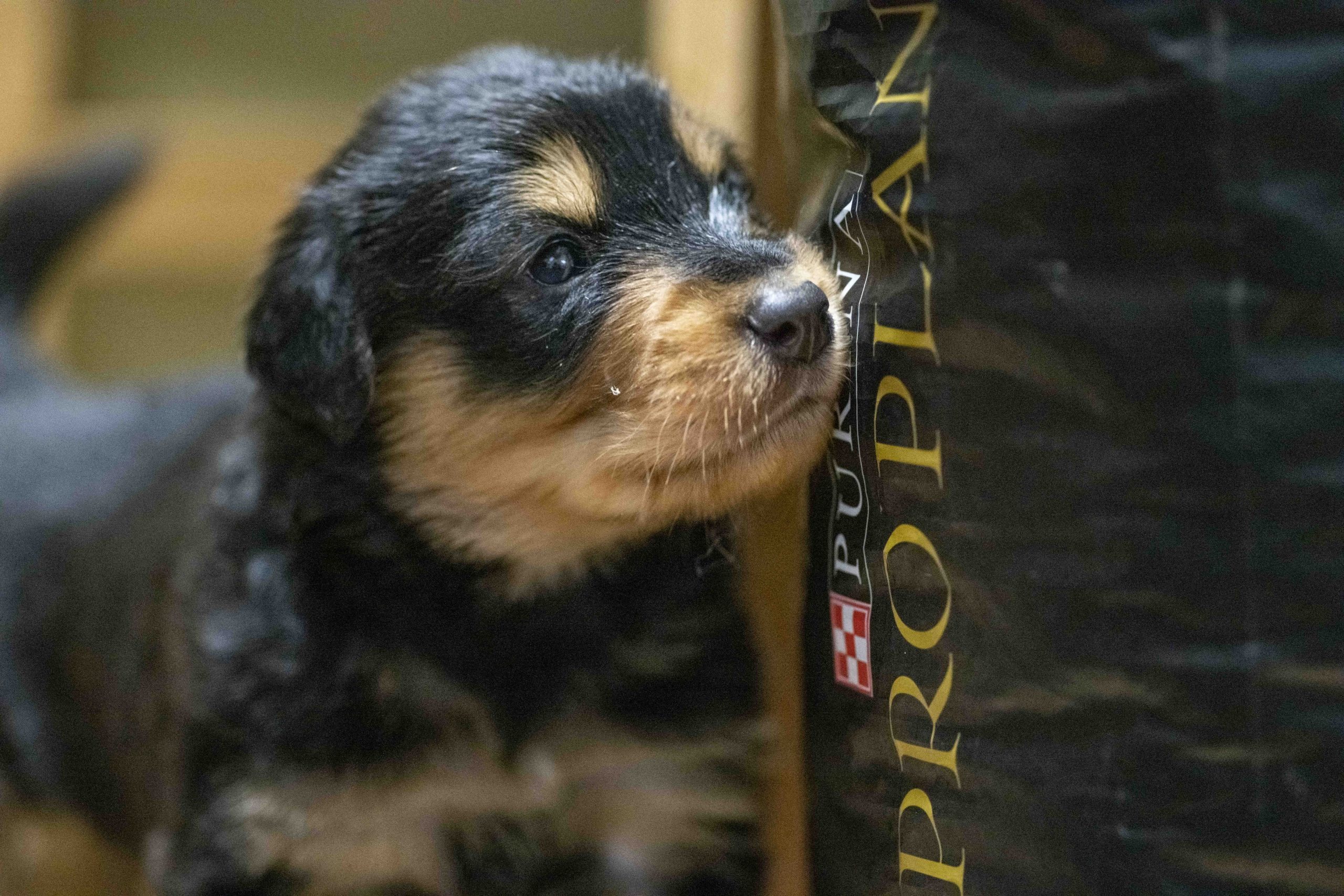Abstract
Establishing a strong bond with a puppy is crucial for their overall well-being, happiness, and development into a well-adjusted adult dog. This article explores the various factors that contribute to building a strong bond between human caretakers and their canine companions, highlighting the importance of socialization, physical touch, mental stimulation, play, communication, consistency, positive reinforcement, empathy, patience, and quality time. By understanding and applying these essential elements, caretakers can foster a healthy and lasting relationship with their puppies, ensuring a happy, secure, and trusting dog.
Introduction
The relationship between a dog and its human caretaker significantly impacts the dog’s mental, emotional, and physical well-being. While providing food is essential for a puppy’s survival, it is not sufficient for establishing a strong bond or nurturing a well-rounded adult dog. To build a meaningful connection, caretakers must engage in various activities and practices that cater to the puppy’s social, emotional, and cognitive needs. This paper aims to explore the importance of these factors and provide guidelines for caretakers to develop a strong bond with their puppies, ultimately resulting in happier and more balanced canine companions.
Developing a strong bond
Feeding alone is not enough to establish a strong bond with a puppy. Dogs are social animals that thrive on interaction, attention, and companionship. Providing a puppy with only food neglects other essential aspects of its development, such as socialization, mental stimulation, and emotional support. In order for a dog to develop a strong bond with its human caretaker, it needs more than just food. It requires:
How To Build a Strong Bond with Your Puppy
- Socialization
Puppies need to be exposed to various people, animals, and environments to develop proper social skills and become well-adjusted adults. This also helps them become comfortable around humans and other dogs.
- Physical touch
Physical contact, such as petting, grooming, or cuddling, helps to build trust and strengthen the bond between a dog and its caretaker.
- Mental stimulation
Dogs need mental stimulation to stay happy and healthy. This can be achieved through training, play, and providing various toys and puzzles that challenge their minds.
- Play and exercise
Regular play and exercise are essential for a dog’s physical and mental well-being. These activities also provide opportunities for bonding and interaction with their human companions.
- Communication
Developing a strong line of communication with a dog is crucial for building trust and understanding. This can be achieved through positive reinforcement training, which helps establish a strong bond based on trust and respect.
- Consistency and routine
Establishing a routine and being consistent with your puppy is vital for building trust and a strong bond. This includes setting up regular feeding times, bathroom breaks, exercise, and training sessions. Consistency helps your puppy feel secure and understand what is expected of them.
- Positive reinforcement
Using positive reinforcement techniques, such as praise, treats, and affection, encourages desired behaviors and helps establish a strong bond between you and your puppy. This approach builds trust and respect, as your puppy associates you with positive experiences.
- Empathy and understanding
To build a strong bond, it is important to understand your puppy’s body language and respond to their needs. Recognize signs of fear, stress, or discomfort, and adjust your interactions accordingly. This sensitivity to your puppy’s emotions will help create a sense of security and trust in your relationship.
- Patience
Building a strong bond takes time and patience. Your puppy will go through various stages of development, and it is essential to be patient and understanding as they learn and grow. Avoid using punishment or negative reinforcement, as this can damage your relationship and hinder your puppy’s progress.
- Quality time
Spending quality time with your puppy is crucial for building a strong bond. This includes participating in activities they enjoy, such as walks, playtime, and training sessions. Your presence and attention will help your puppy feel loved, secure, and more connected to you.
Conclusion
In conclusion, providing only food for a puppy is not enough to establish a strong bond with them. Caretakers should focus on socialization, physical touch, mental stimulation, play, communication, consistency, positive reinforcement, empathy, patience, and quality time to build a healthy and lasting relationship with their canine companions. These factors will contribute to a well-adjusted, happy, and trusting dog.

